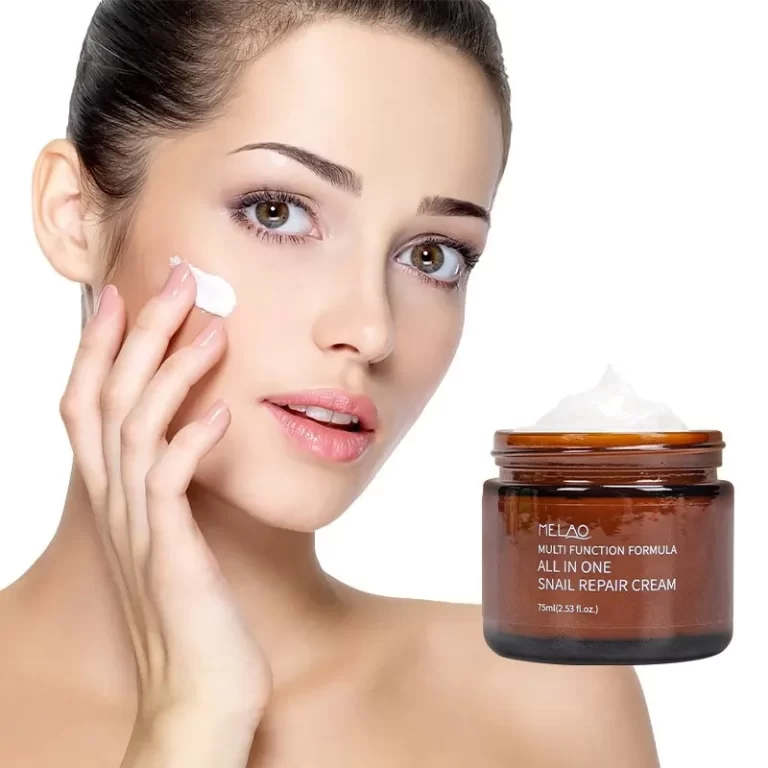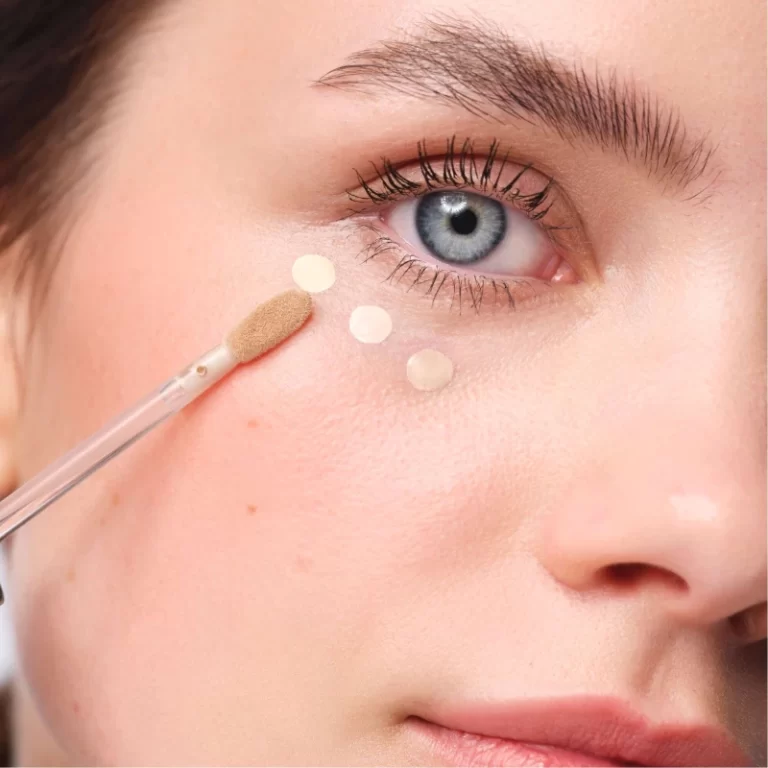
Finding Relief: The Best Face Cream for Eczema
Understanding Eczema and Its Impact on Facial Skin
Eczema, also known as atopic dermatitis, affects millions of people worldwide, causing discomfort and frustration. This chronic skin condition manifests as red, itchy, and inflamed patches on various parts of the body, including the face. Facial eczema presents unique challenges due to the skin’s sensitivity and visibility in this area. Symptoms often include dryness, redness, itching, and sometimes painful cracking or blistering of the skin. Discover the best face cream for eczema that soothes, hydrates, and protects your skin. Heal your complexion effectively today!The condition can significantly impact an individual’s self-esteem and quality of life.
Facial eczema requires special care and attention, as the skin on the face is more delicate and exposed to environmental factors. Choosing the right face cream becomes crucial in managing symptoms and maintaining skin health. Effective creams for facial eczema focus on hydrating the skin, repairing the skin barrier, and reducing inflammation. Additionally, they should be gentle enough for daily use on sensitive, eczema-prone skin. Understanding the nature of eczema and its effects on facial skin is the first step in selecting the most suitable face cream for relief and management of this condition.
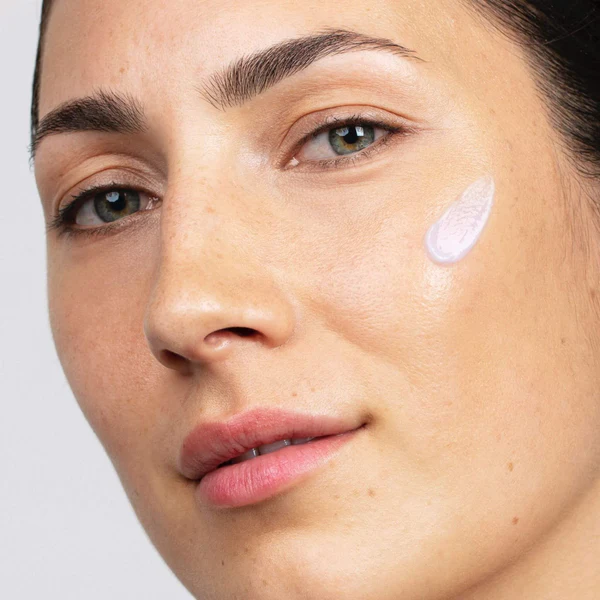
Key Ingredients to Look for in Eczema Face Creams
When searching for the best face cream for eczema, certain ingredients stand out for their effectiveness in soothing and healing irritated skin. Ceramides play a crucial role in strengthening the skin barrier, which is often compromised in eczema-prone skin. These lipid molecules help retain moisture and protect against environmental irritants. Hyaluronic acid, a powerful humectant, attracts and holds water in the skin, providing intense hydration without clogging pores. Niacinamide, a form of vitamin B3, offers multiple benefits including reducing inflammation, improving skin barrier function, and regulating oil production.
Colloidal oatmeal is renowned for its soothing properties, helping to calm itchy and irritated skin. Glycerin, another effective humectant, draws moisture into the skin and helps maintain hydration. Aloe vera provides cooling and anti-inflammatory effects, offering relief from itching and redness. For those with extremely dry or cracked skin, occlusives like petrolatum or mineral oil can create a protective barrier, locking in moisture. Antioxidants such as vitamin E and green tea extract can help protect the skin from free radical damage and support overall skin health. When choosing a face cream for eczema, look for products that combine several of these beneficial ingredients for maximum effectiveness.
Top Face Creams for Mild to Moderate Eczema
For those with mild to moderate facial eczema, several over-the-counter creams offer effective relief. These products focus on hydration, barrier repair, and gentle nourishment without harsh ingredients that could further irritate sensitive skin. One popular option is the CeraVe Moisturizing Cream, which contains essential ceramides and hyaluronic acid to hydrate and restore the skin barrier. Another highly recommended product is the Aveeno Eczema Therapy Moisturizing Cream, featuring colloidal oatmeal as its active ingredient to soothe itchy, irritated skin.
The La Roche-Posay Lipikar Balm AP+ Moisturizer for Dry Skin is also well-regarded for its combination of niacinamide, shea butter, and thermal spring water, offering intense hydration and skin barrier support. For those preferring natural ingredients, the First Aid Beauty Ultra Repair Cream contains colloidal oatmeal, shea butter, and allantoin to calm and hydrate eczema-prone skin. These creams are generally well-tolerated and can be used daily as part of a skincare routine for managing mild to moderate eczema symptoms. When using any new product, it’s advisable to perform a patch test first to ensure compatibility with your skin.
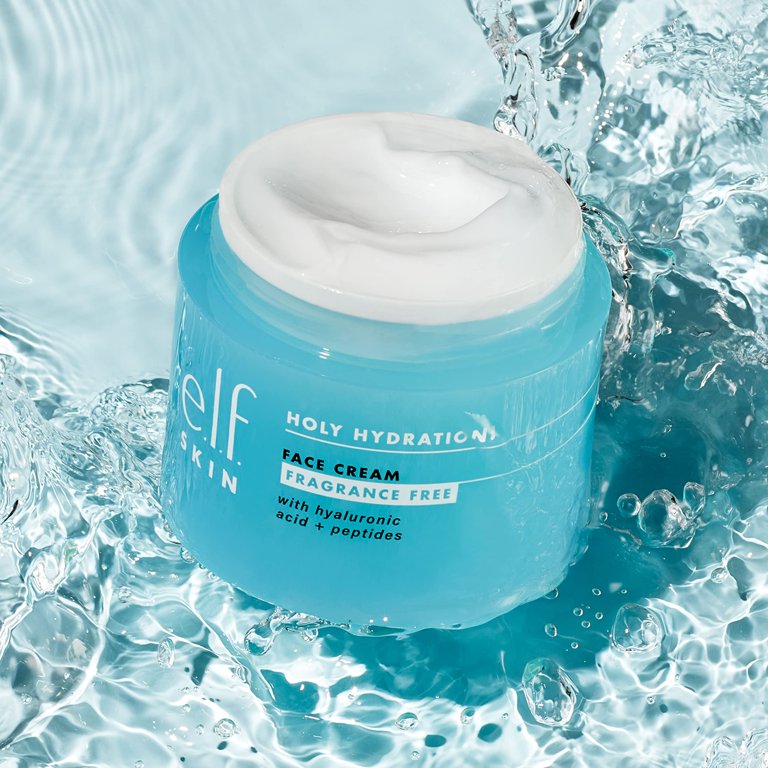
Prescription Strength Options for Severe Eczema
In cases of severe facial eczema, over-the-counter creams may not provide sufficient relief. Dermatologists often prescribe stronger formulations to manage more persistent or severe symptoms. Topical corticosteroids are commonly prescribed for their potent anti-inflammatory properties. However, their use on facial skin should be limited and closely monitored due to potential side effects like skin thinning.
Topical calcineurin inhibitors, such as tacrolimus (Protopic) and pimecrolimus (Elidel), offer a non-steroidal alternative for managing eczema flare-ups on the face. These medications work by suppressing the immune response in the skin, reducing inflammation and itching. Another prescription option is crisaborole (Eucrisa), a non-steroidal ointment that helps relieve inflammation and itching associated with eczema. In some cases, doctors may prescribe a combination of treatments or suggest rotational therapy to maximize effectiveness while minimizing side effects. It’s crucial to follow the healthcare provider’s instructions carefully when using prescription-strength creams, as improper use can lead to adverse effects. Regular follow-ups with a dermatologist ensure that the treatment remains effective and appropriate for the individual’s needs.
Natural and Alternative Remedies for Facial Eczema
For those seeking natural or alternative solutions for facial eczema, several options have shown promise in managing symptoms. Coconut oil, known for its moisturizing and antimicrobial properties, can help soothe dry, itchy skin. Shea butter, rich in vitamins and fatty acids, provides intense hydration and may help reduce inflammation. Calendula cream, derived from marigold flowers, offers soothing and healing properties beneficial for eczema-prone skin.
Chamomile, whether applied topically or consumed as a tea, can help calm irritated skin due to its anti-inflammatory properties. Some individuals find relief with evening primrose oil, which contains gamma-linolenic acid, an omega-6 fatty acid that may help improve skin barrier function. Honey, particularly Manuka honey, has been used for its antibacterial and wound-healing properties. While these natural remedies can be effective for some, it’s important to note that they may not work for everyone and can sometimes cause allergic reactions. Always patch test new products and consult with a healthcare provider before incorporating natural remedies into your eczema management routine, especially if you’re also using prescribed treatments.
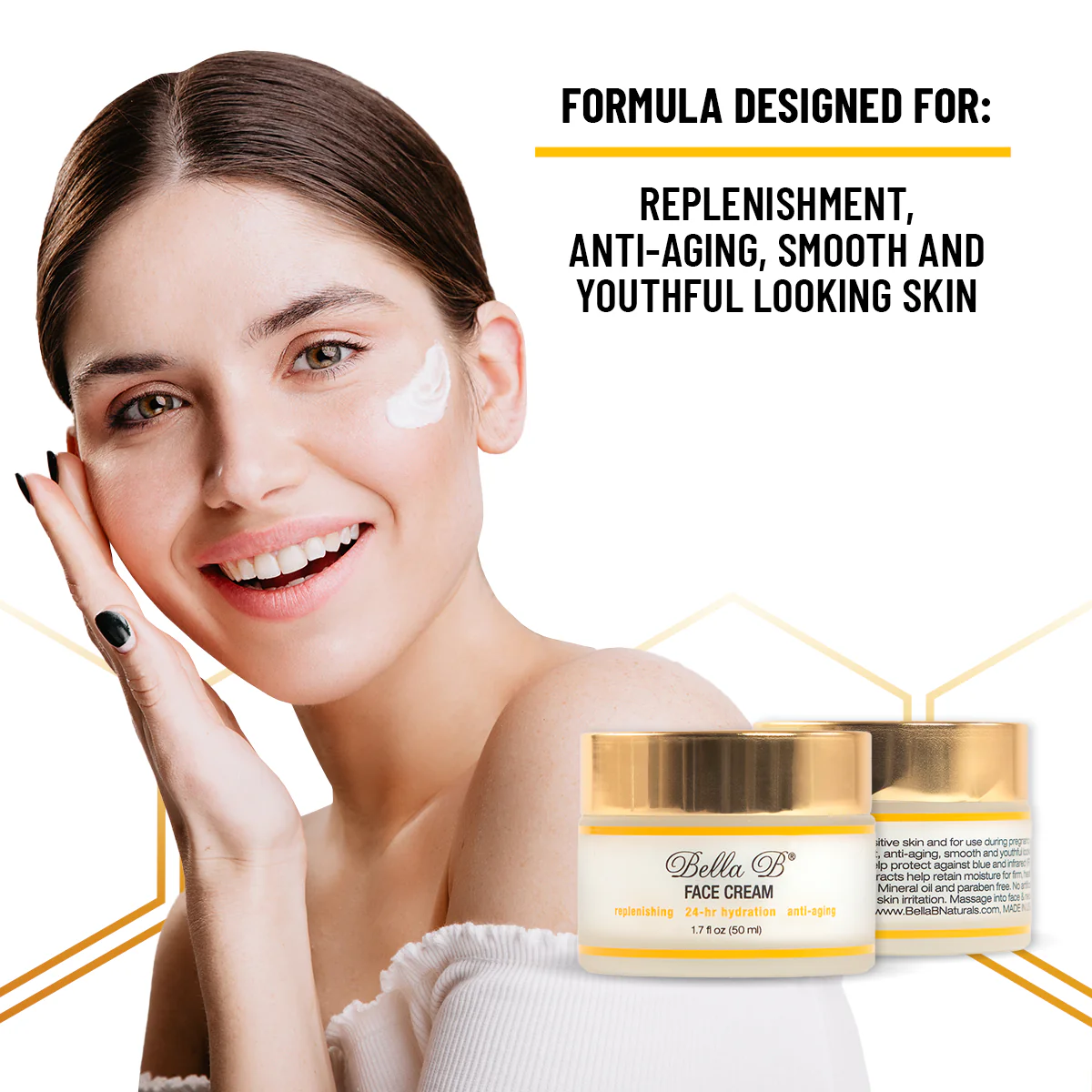
Lifestyle Factors and Skincare Routine for Eczema Management
Managing facial eczema extends beyond just applying creams. Various lifestyle factors and a consistent skincare routine play crucial roles in controlling symptoms and preventing flare-ups. Identifying and avoiding triggers is essential. Common triggers include certain foods, stress, harsh skincare products, and environmental factors like extreme temperatures or low humidity. Establishing a gentle skincare routine is vital. Use lukewarm water for cleansing, as hot water can strip the skin of its natural oils. Opt for fragrance-free, hypoallergenic cleansers specifically formulated for sensitive skin.
Pat the skin dry gently instead of rubbing, and apply moisturizer immediately after cleansing to lock in hydration. Regular use of a humidifier can help maintain moisture in the air, benefiting dry, eczema-prone skin. Stress management techniques such as meditation, yoga, or deep breathing exercises can help reduce stress-induced flare-ups. Dietary changes, like increasing intake of omega-3 fatty acids and probiotics, may also support skin health. Wearing soft, breathable fabrics and avoiding harsh detergents can prevent skin irritation. Consistent sun protection is crucial, as sun exposure can exacerbate eczema symptoms. By addressing these lifestyle factors and maintaining a gentle skincare routine, individuals with facial eczema can significantly improve their skin’s health and reduce the frequency and severity of flare-ups.
The Role of Hydration in Eczema Care
Best face cream for eczema:Hydration plays a pivotal role in managing facial eczema. Proper hydration helps maintain the skin barrier, reduce itching, and prevent the exacerbation of symptoms. Drinking an adequate amount of water throughout the day supports overall skin health from the inside out. Topically, the right hydrating products can make a significant difference in managing eczema symptoms. Look for face creams that contain humectants like hyaluronic acid and glycerin, which attract water to the skin. Emollients such as ceramides and fatty acids help soften and smooth the skin, reducing roughness and flaking.
Occlusives like petrolatum or mineral oil create a protective layer on the skin, preventing water loss. The “soak and seal” method can be particularly effective for intense hydration. This involves applying moisturizer to damp skin immediately after bathing or washing the face to lock in moisture. For severely dry areas, applying a thick layer of moisturizer and covering it with a damp cloth for a few minutes can help enhance absorption. Consistency is key in hydration; applying moisturizer multiple times a day, especially after cleansing or exposure to water, helps maintain skin hydration levels. By prioritizing hydration in both skincare routines and overall health habits, individuals with facial eczema can significantly improve their skin’s condition and comfort.
Avoiding Irritants and Allergens in Face Creams
When selecting a face cream for eczema, it’s crucial to avoid ingredients that may trigger or exacerbate symptoms. Common irritants include fragrances, both synthetic and natural, which can cause skin reactions in sensitive individuals. Alcohol, often found in skincare products, can be drying and irritating to eczema-prone skin. Certain preservatives, such as parabens and formaldehyde-releasing agents, may cause allergic reactions in some people. Essential oils, while natural, can be potent irritants for sensitive skin.
Harsh exfoliants, including physical scrubs and chemical exfoliants like glycolic acid, can disrupt the already compromised skin barrier in eczema sufferers. Sulfates, commonly found in cleansers, can strip the skin of its natural oils, leading to increased dryness and irritation. When trying a new product, always perform a patch test on a small area of skin and wait 24-48 hours to check for any adverse reactions. Reading ingredient labels carefully and opting for products specifically formulated for sensitive, eczema-prone skin can help minimize the risk of irritation. If unsure about a particular ingredient, consult with a dermatologist or allergist for personalized advice.
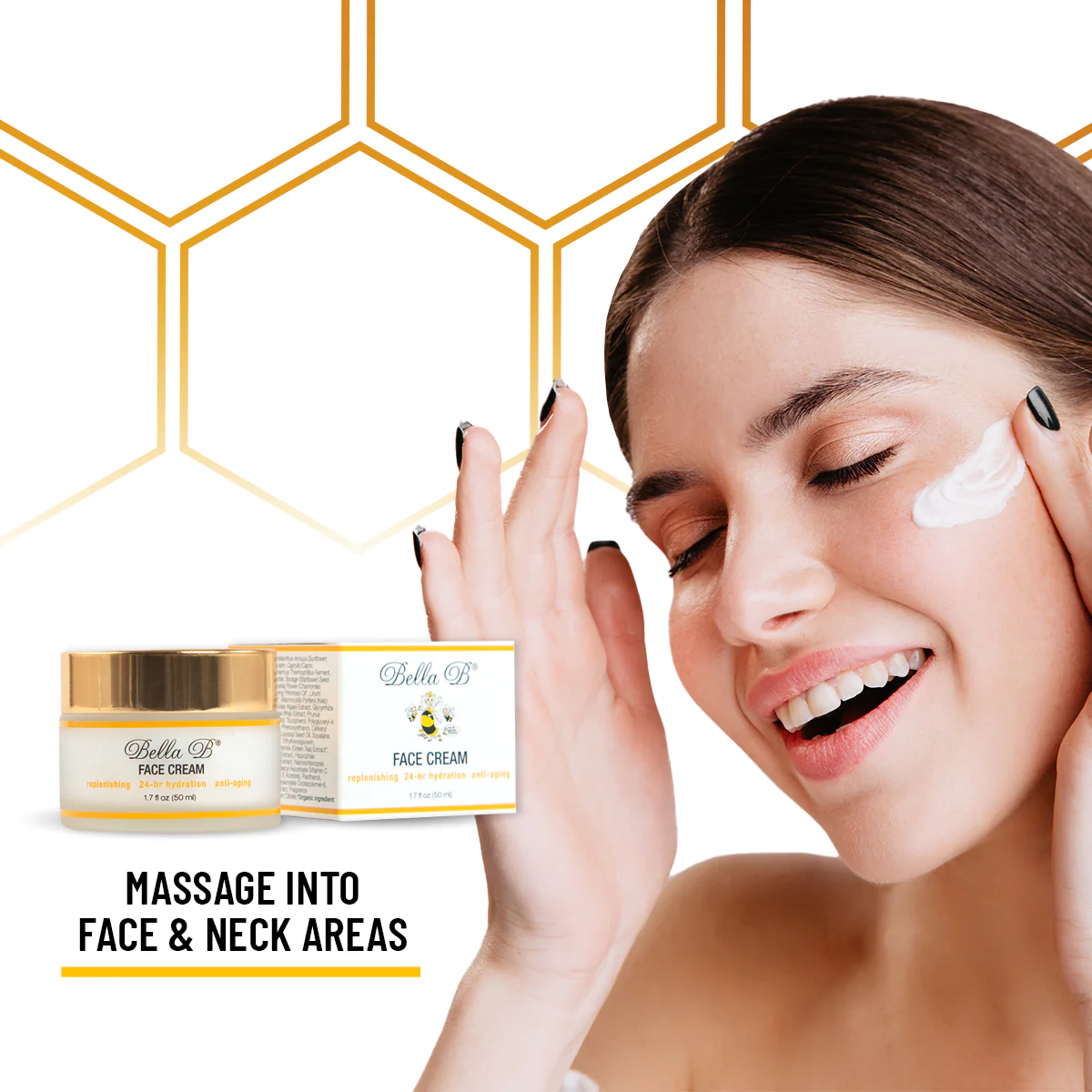
The Importance of Sun Protection for Eczema-Prone Skin
Sun protection is a crucial aspect of caring for eczema-prone facial skin. While some sun exposure can be beneficial, excessive UV radiation can trigger or worsen eczema symptoms. However, choosing the right sunscreen for sensitive, eczema-prone skin requires careful consideration. Look for broad-spectrum sunscreens that protect against both UVA and UVB rays. Physical (mineral) sunscreens containing zinc oxide or titanium dioxide are often better tolerated by sensitive skin compared to chemical sunscreens. Opt for fragrance-free formulations to minimize the risk of irritation.
Some sunscreens also incorporate moisturizing ingredients, providing sun protection and hydration in one product. When applying sunscreen, be gentle and avoid rubbing too vigorously, which can irritate the skin. Reapply sunscreen every two hours, or more frequently if swimming or sweating. In addition to sunscreen, protective clothing, wide-brimmed hats, and seeking shade during peak sun hours can help shield sensitive skin from harmful UV rays. Remember that some eczema medications can increase sun sensitivity, making sun protection even more crucial. By incorporating sun protection into daily skincare routines, individuals with facial eczema can prevent sun-induced flare-ups and maintain healthier skin.
Consulting with Dermatologists for Personalized Eczema Care
While over-the-counter and natural remedies can be effective for many, consulting with a dermatologist is invaluable for personalized eczema care. Dermatologists can provide expert diagnosis, identifying specific types of eczema and any underlying conditions that may be contributing to symptoms. They can recommend tailored treatment plans, combining appropriate medications with skincare routines suited to individual needs. Dermatologists stay updated on the latest research and treatment options, including emerging therapies that may not be widely available.
They can perform patch testing to identify specific allergens triggering eczema flare-ups. For severe or persistent cases, dermatologists can prescribe stronger treatments and monitor their effectiveness and potential side effects. They can also offer guidance on lifestyle modifications and complementary therapies to support overall skin health. Regular follow-ups with a dermatologist allow for adjustments to treatment plans as needed, ensuring optimal management of facial eczema over time. Additionally, dermatologists can provide valuable education on proper skincare techniques and long-term eczema management strategies. By working closely with a dermatologist, individuals with facial eczema can develop a comprehensive approach to managing their condition, leading to improved skin health and quality of life.
